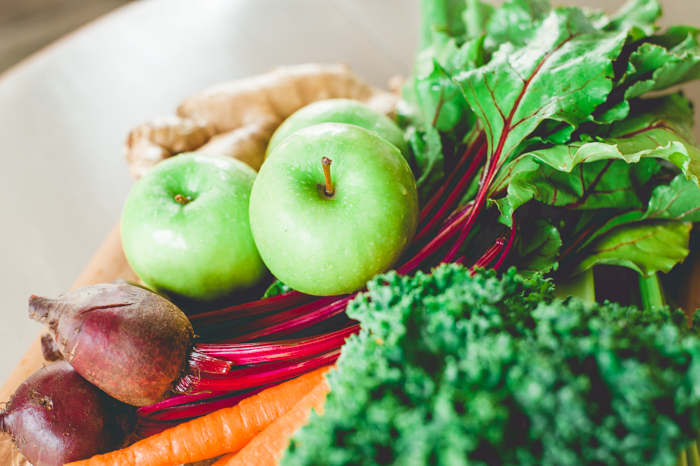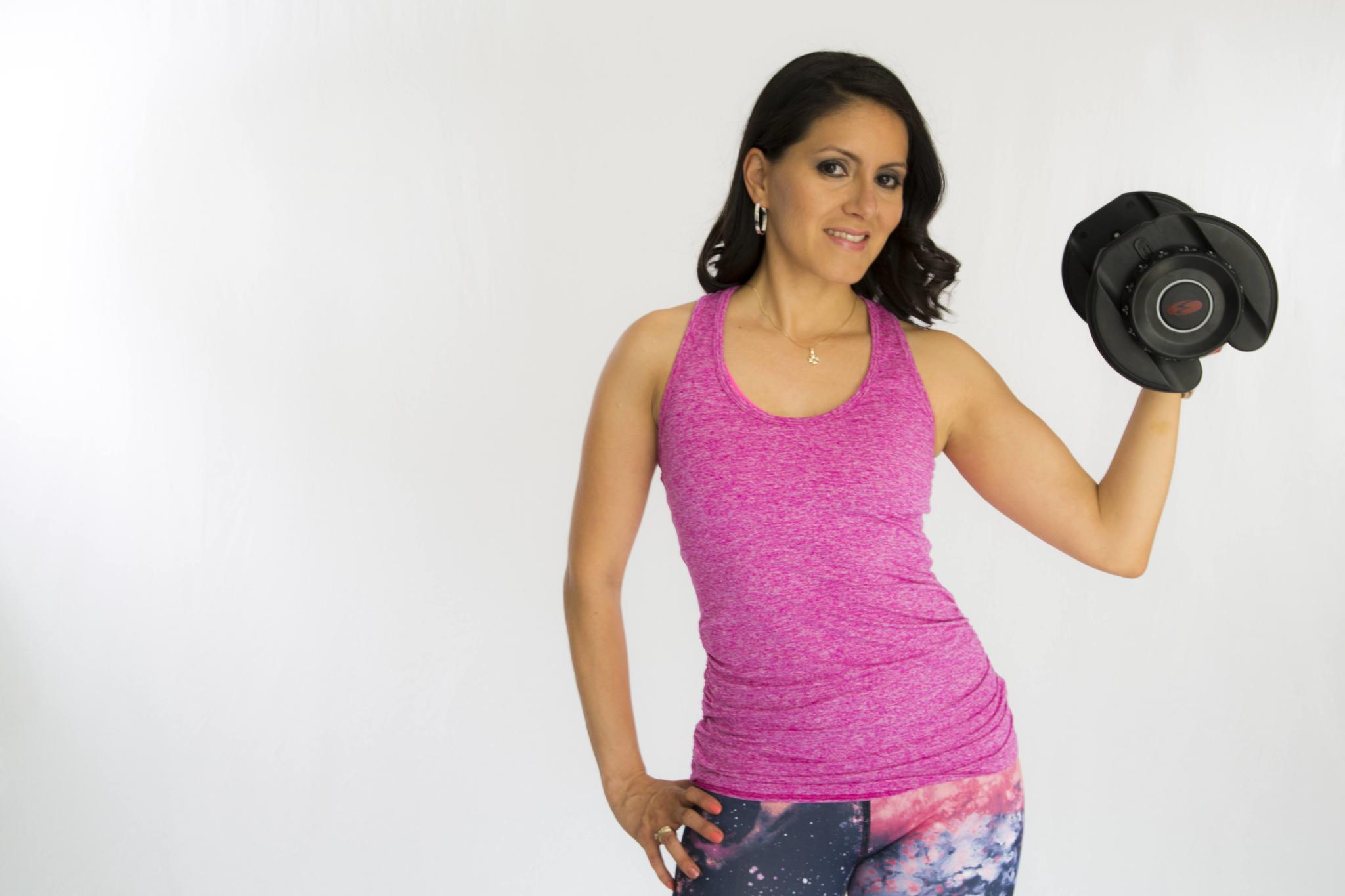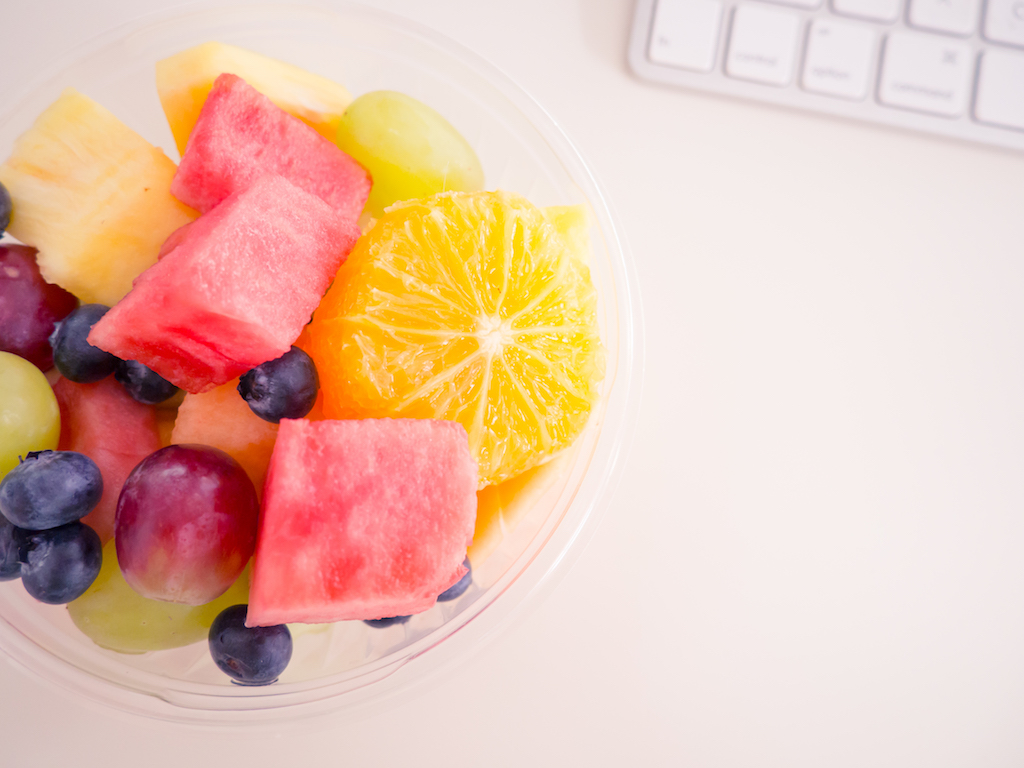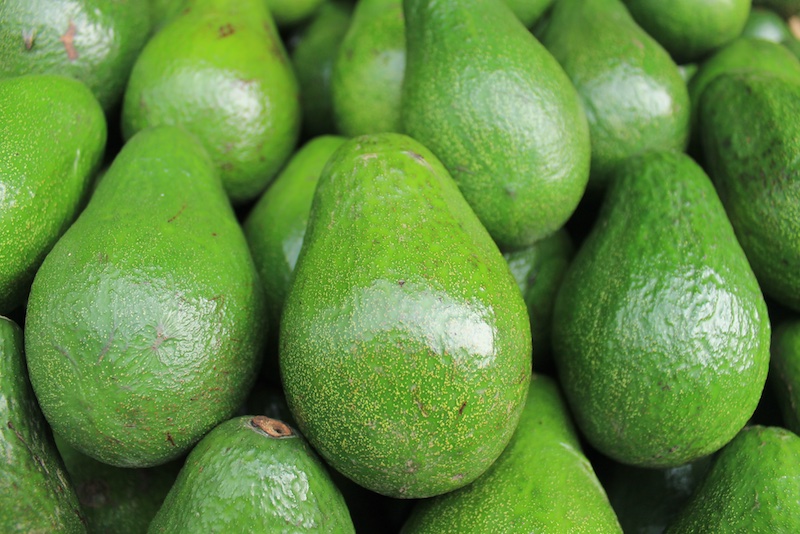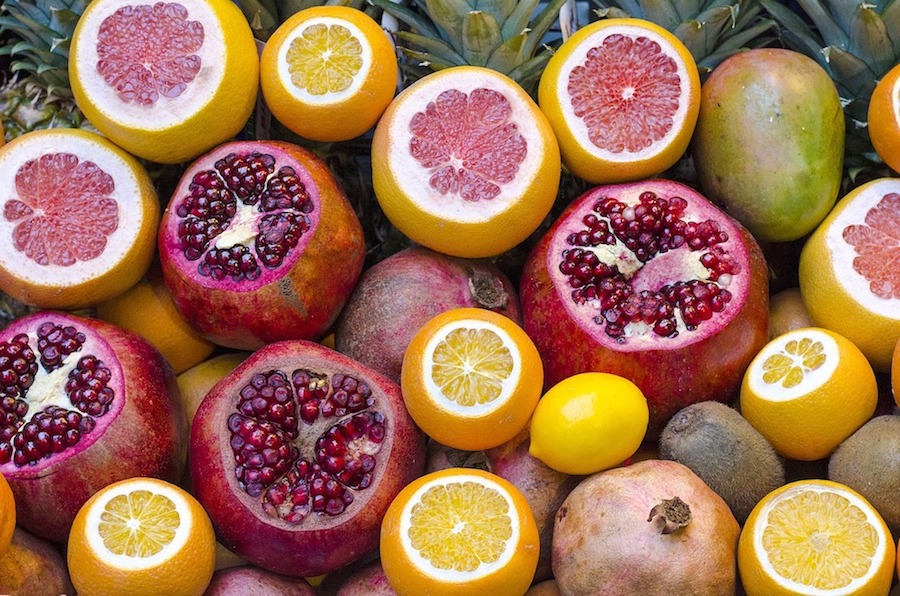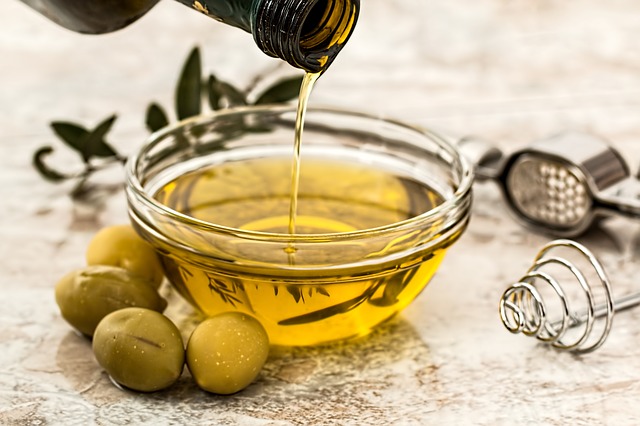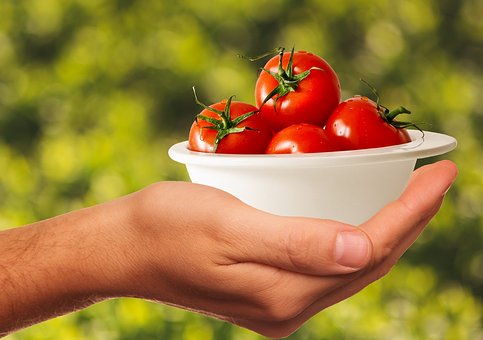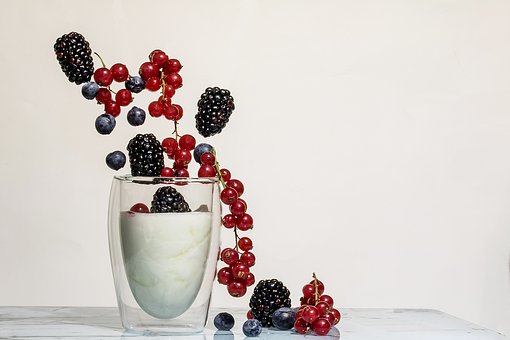You have probably heard or read that is highly important to include Fiber in your diet, right? But what is Fiber? In which foods can you find it? What are the benefits to include Dietary Fiber in your diet? In this article I want to help clarify these common questions.
What is Fiber?
Fiber is not a nutrient itself. It helps your body eliminate toxins, prevent diseases and even help you lose weight. It has very important functions, especially in the intestine.
Dietary fiber (DF) is included between the classification of carbohydrates. The definition of fiber is still not entirely clear yet. We can say that it is all the material from plants that escapes intestinal digestion by action of enzymes in the gastrointestinal tract. This does not mean that fiber is not degraded or metabolized, in fact much of it is fermented in the colon producing compounds that the body absorbs and uses.

